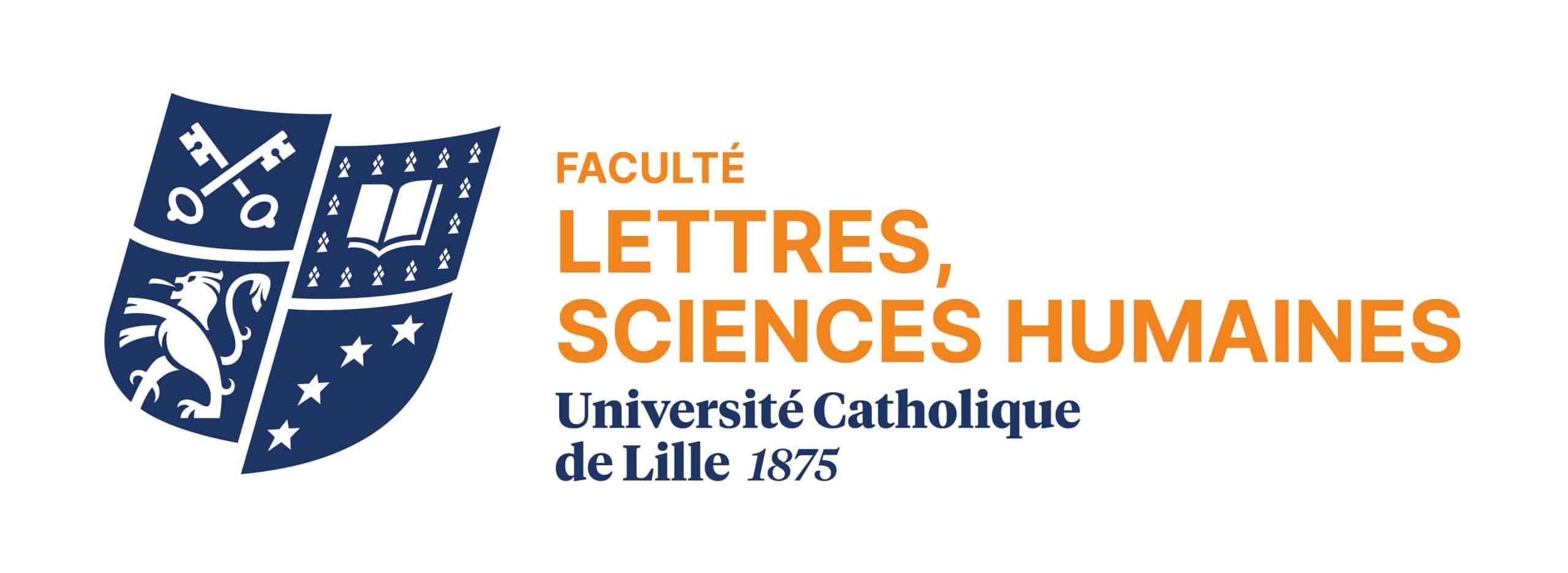
Méthodologie/Normes rédaction
Etablissement : Faculté des Lettres et Sciences Humaines – FLSH
Langue : Français
Formation(s) dans laquelle/lesquelles le cours apparait :
Période : S4
Méthodologie/Normes rédaction


Méthodologie/Normes rédaction
Etablissement : Faculté des Lettres et Sciences Humaines – FLSH
Langue : Français
Formation(s) dans laquelle/lesquelles le cours apparait :
Période : S4
Méthodologie/Normes rédaction